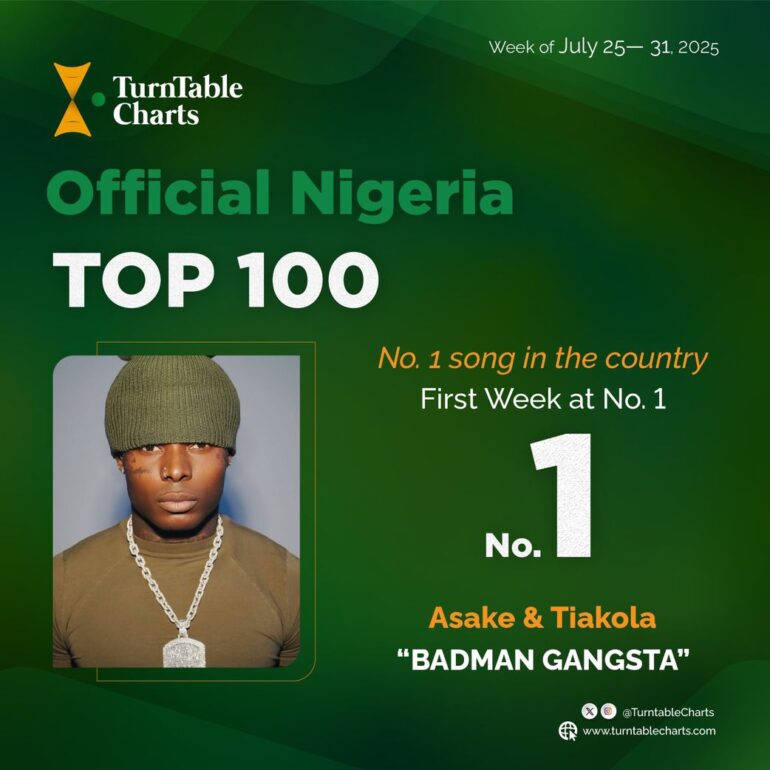Nigerian Afrobeats artist Lyta has expressed deep frustration over the low streaming numbers of his music. In a raw and emotional Instagram Live session, the singer revealed he was financial struggles, and warned fans that if the situation doesn’t improve, he may stop releasing new songs altogether.
Babatunde Rahim, better known as Lyta, has become a familiar name in the Nigerian Afrobeats scene, gaining recognition for some of his songs. However, despite his talent and success in the past, the artist has faced significant challenges regarding the performance of his music on streaming platforms.
The artist made a powerful plea for fans to support his work, even humorously remarking that if they streamed his songs, he might finally “gain weight.” The candid remark was both a plea for support and an illustration of the personal sacrifices he feels he has made in pursuit of his music career.
Lyta’s comments have garnered attention online, sparking a conversation about the pressures faced by musicians in the digital age, where streaming is a primary source of income. Fans, fellow artists, and critics have all weighed in on the situation. Some have expressed sympathy for Lyta’s struggles, while others have called for a greater effort from the artist’s team to boost his visibility and presence in the industry.
The Bigger Picture: The Struggles of Artists in the Streaming Era
Lyta’s experience highlights a significant issue that many musicians face today—low streaming numbers despite the global reach of platforms like Spotify, Apple Music, and others. While these platforms provide artists with unprecedented exposure, they also come with challenges. Poor visibility on these platforms can result in disappointing revenue from streams, which in turn impacts an artist’s ability to sustain their career financially.
The Afrobeats genre, which has exploded in popularity in recent years, has seen a wave of success for artists like Burna Boy, Wizkid, and Davido, but for many others, gaining a foothold can be a struggle. The digital music landscape is crowded, and without strong marketing, media backing, and fan engagement, even talented artists like Lyta can find themselves grappling for attention in an oversaturated market.
What’s Next for Lyta?
As of now, Lyta’s future in music appears uncertain, with the artist threatening to cease releasing new material if the streaming situation does not improve. His situation brings to light the emotional and financial toll that pursuing a career in music can take, especially when faced with an industry that often requires more than just talent—it requires the ability to navigate the complexities of digital marketing, branding, and audience engagement.
While the support from fans is vital, it also raises questions about how the industry can better support its artists—ensuring that they can thrive not only creatively but financially as well. For now, the world waits to see if Lyta’s emotional appeal will prompt a change in the streaming dynamics or if it will serve as a cautionary tale of the trials faced by many in the modern music industry.
Conclusion
Lyta’s candid moment of vulnerability underscores a broader issue within the music industry: the disparity between talent and financial success. As fans, we play a significant role in an artist’s journey. For Lyta and many others, streaming numbers aren’t just about popularity—they’re about survival. Will Lyta’s cry for help lead to more streams, or will it be a stark reminder of the precarious nature of the modern music industry? Only time will tell.












